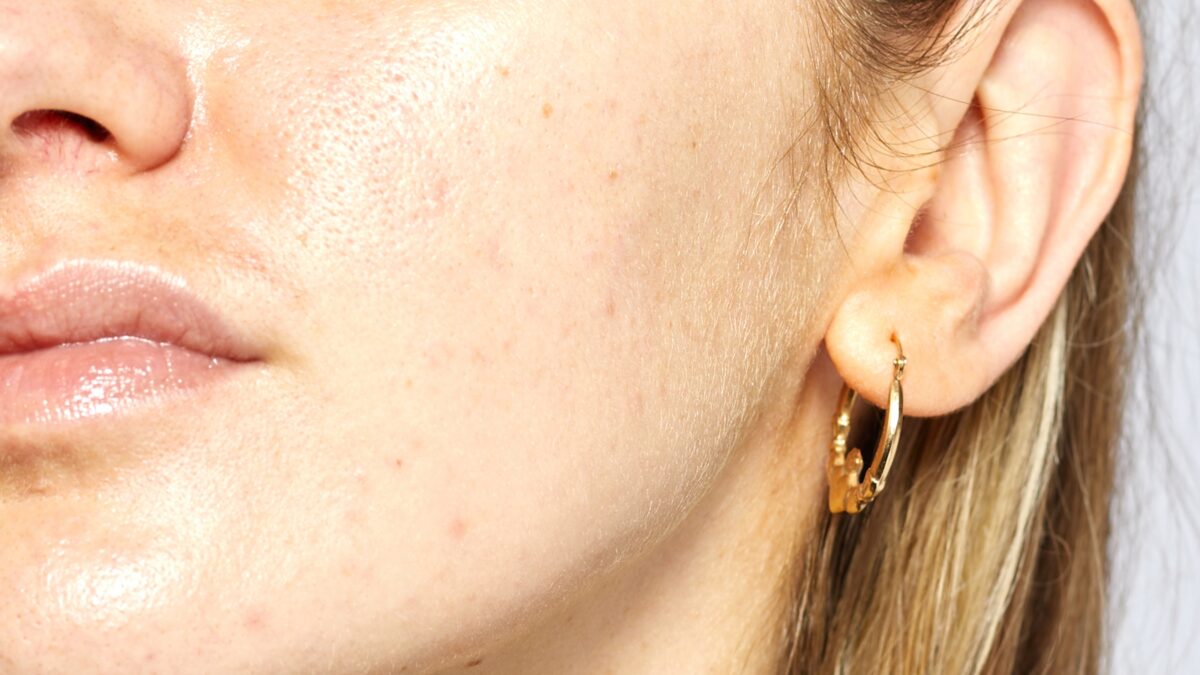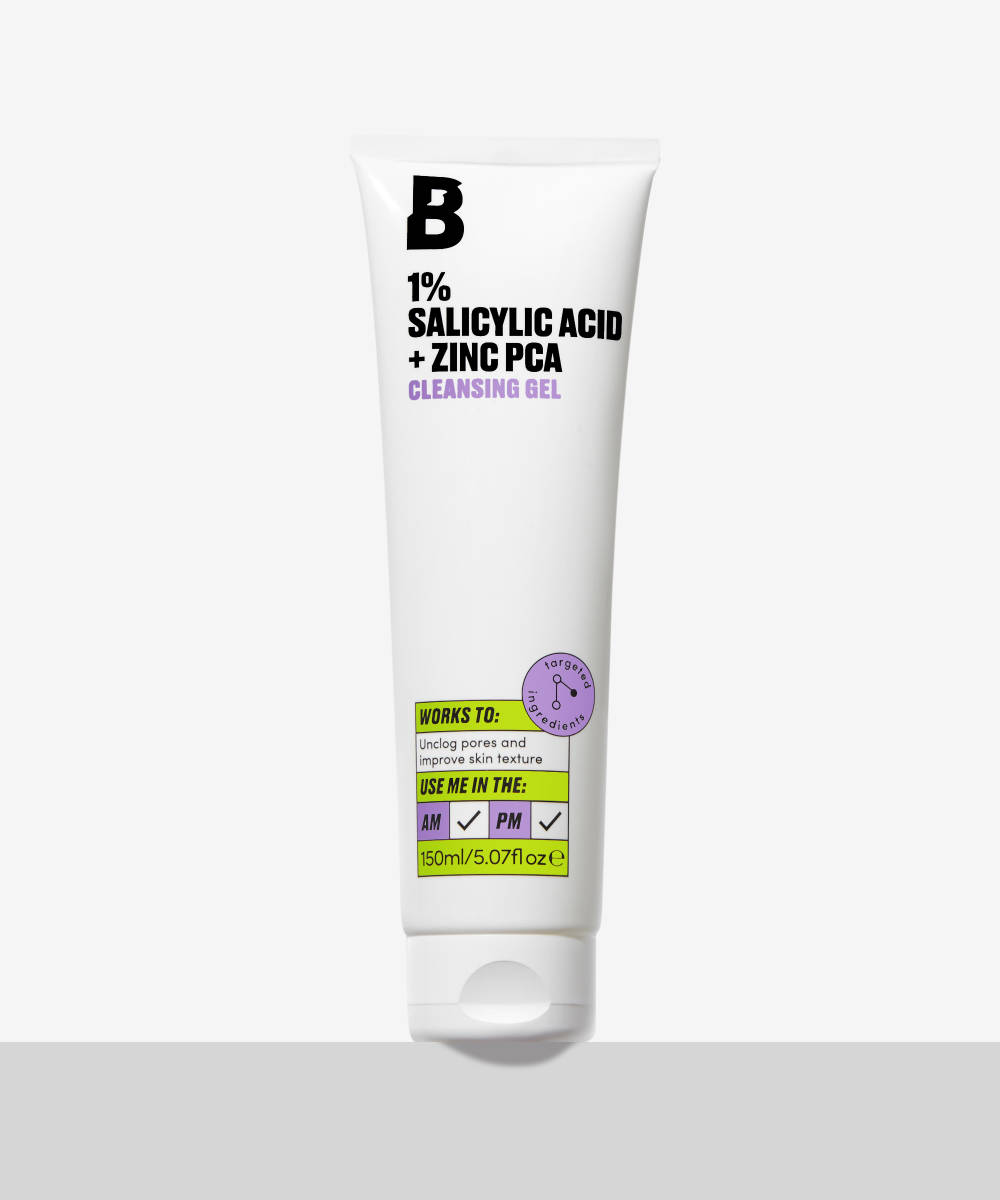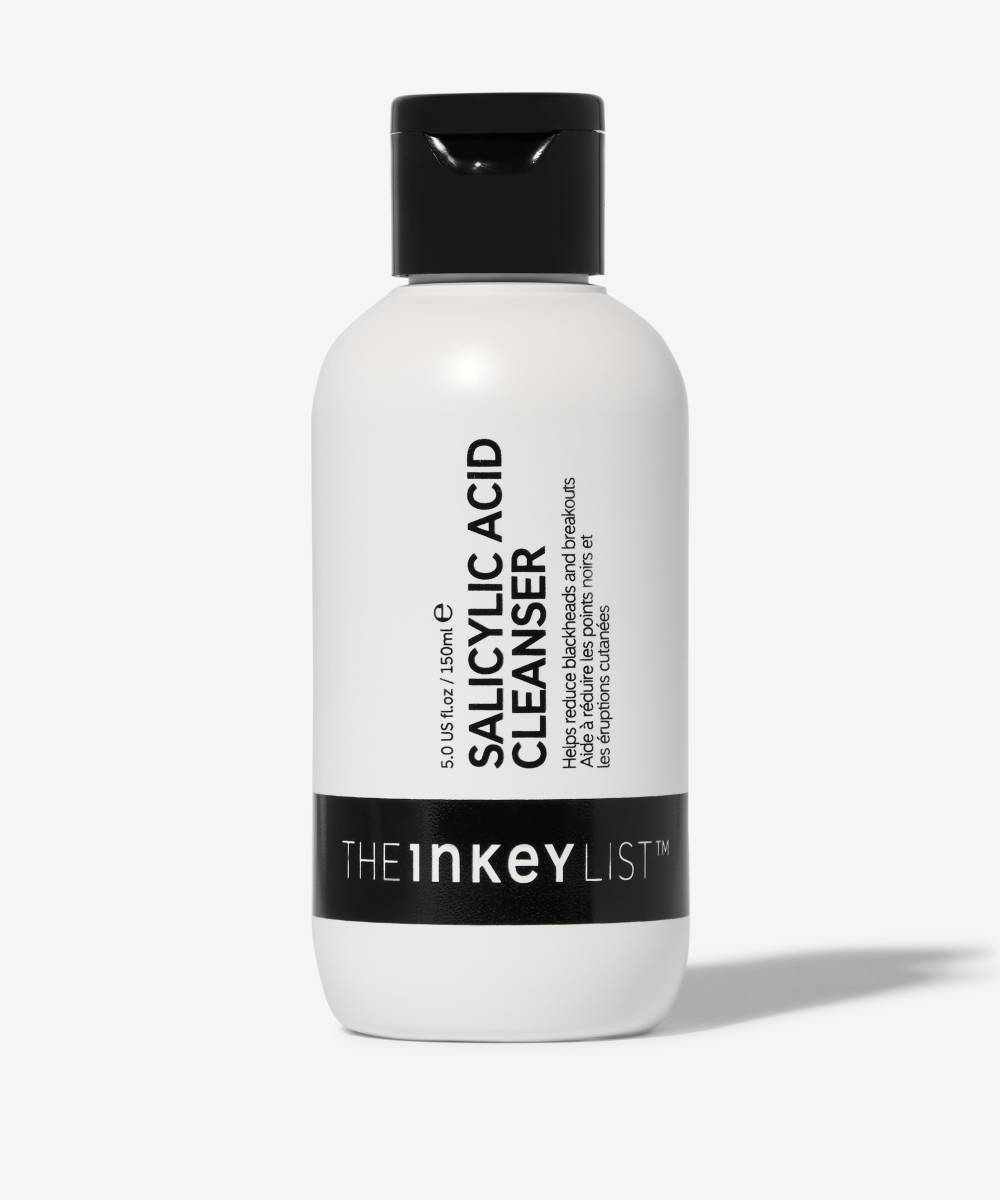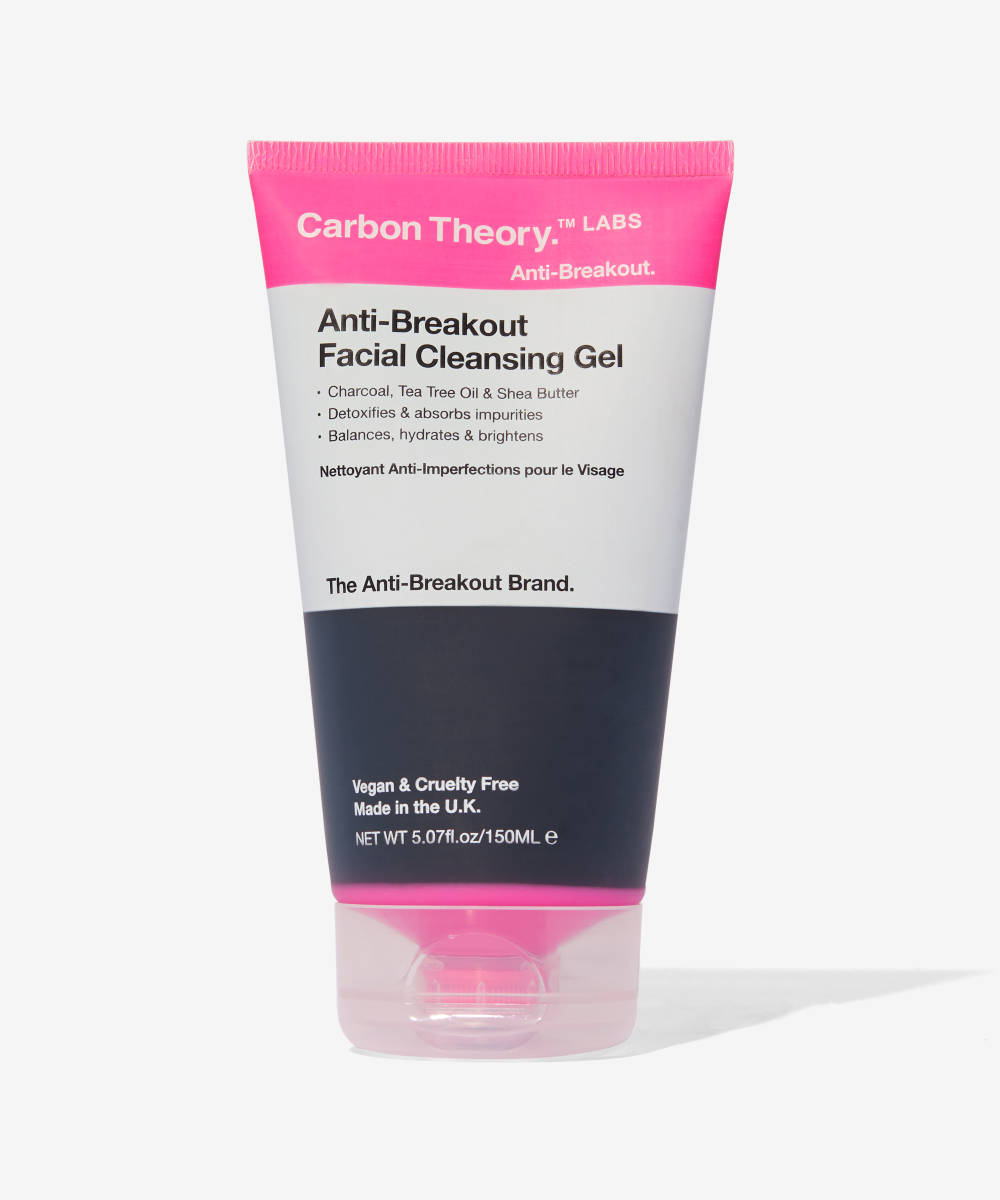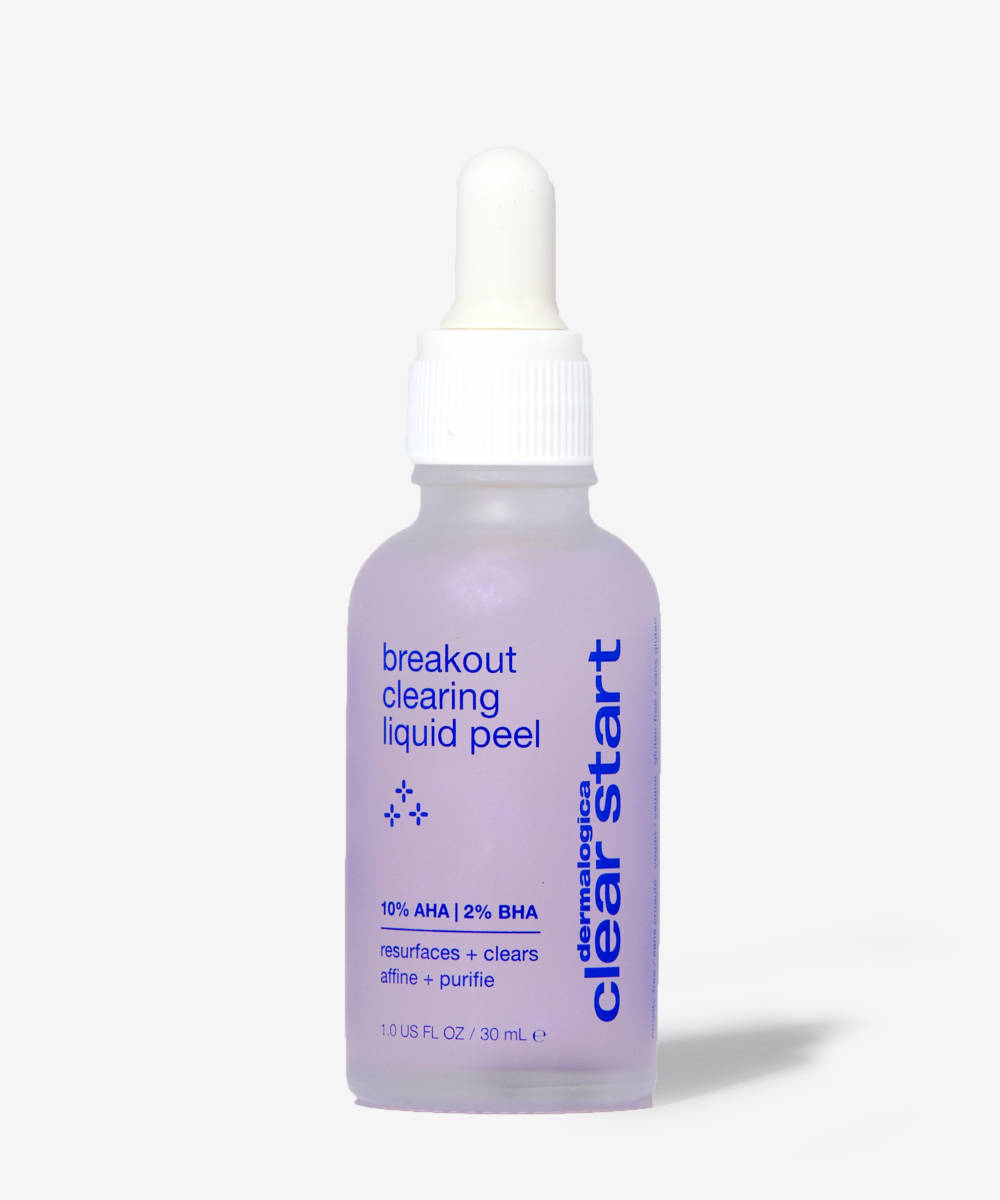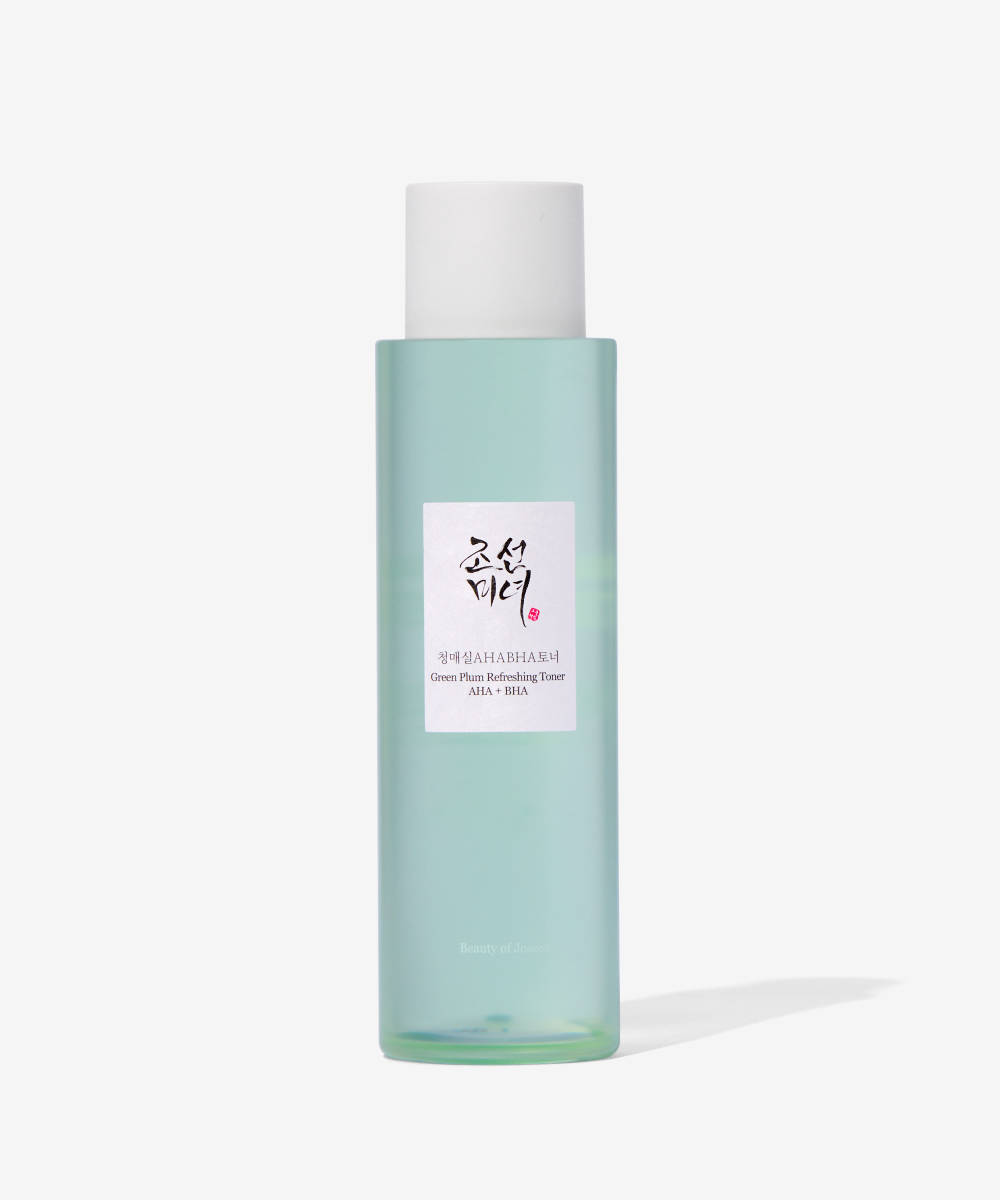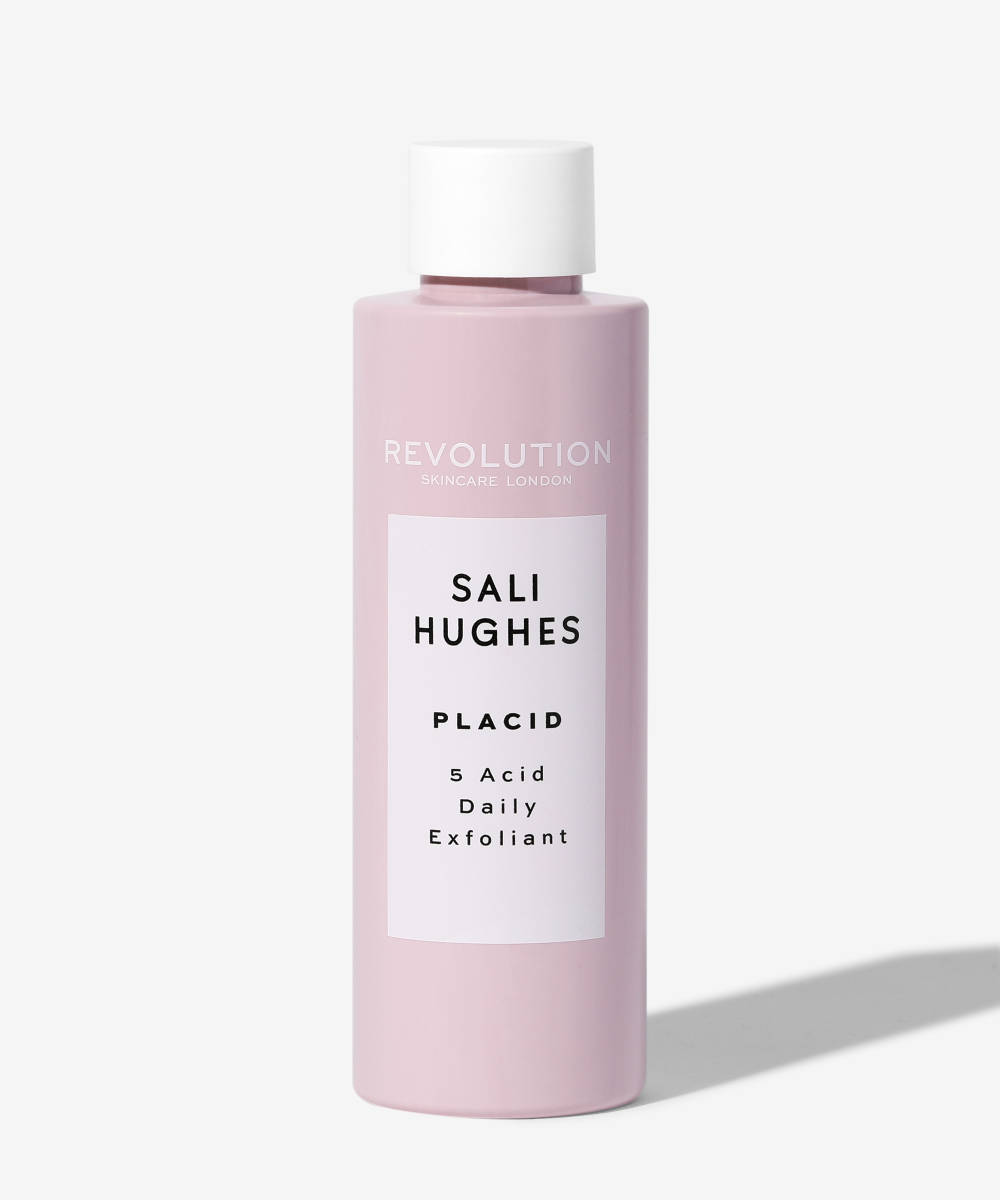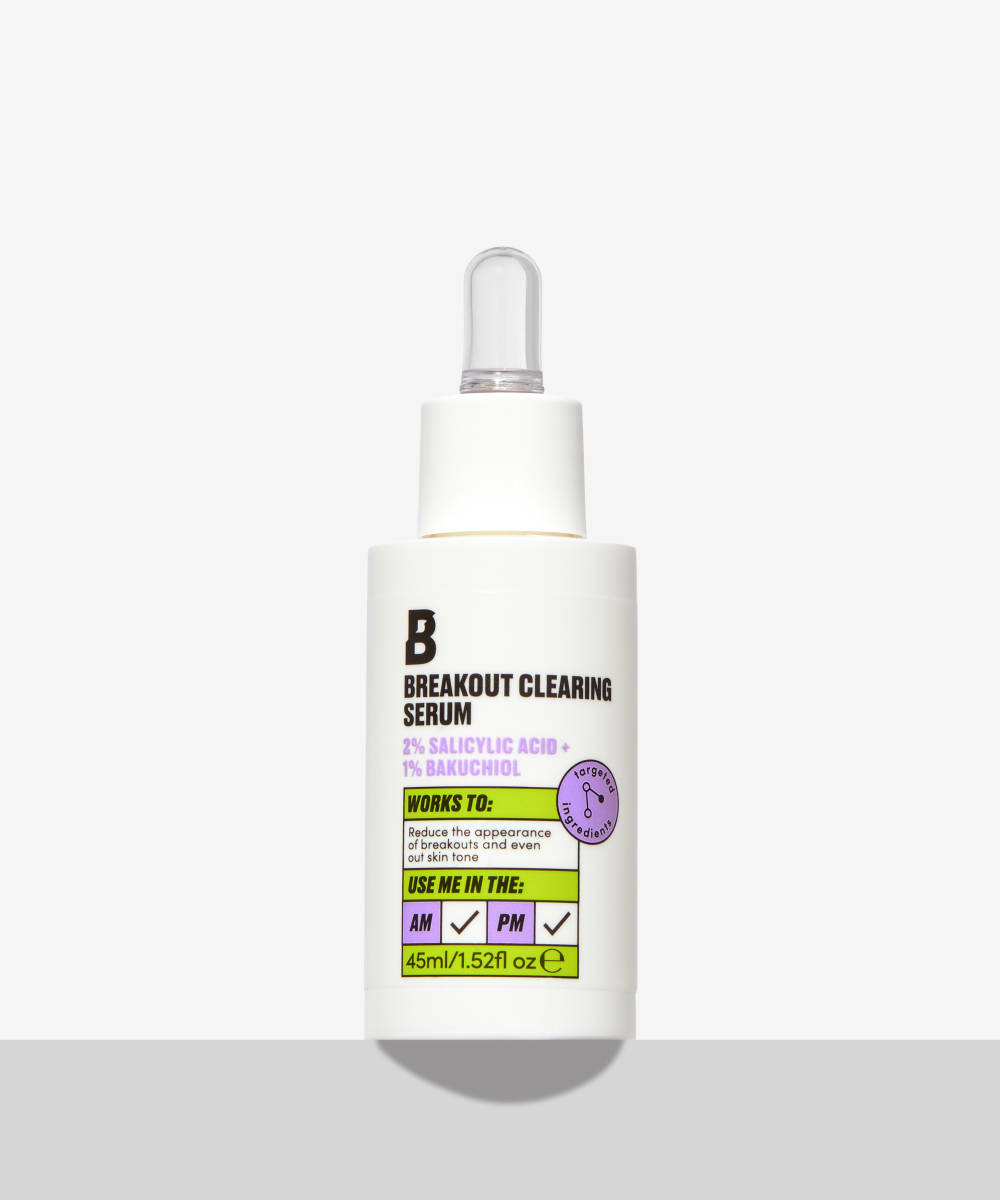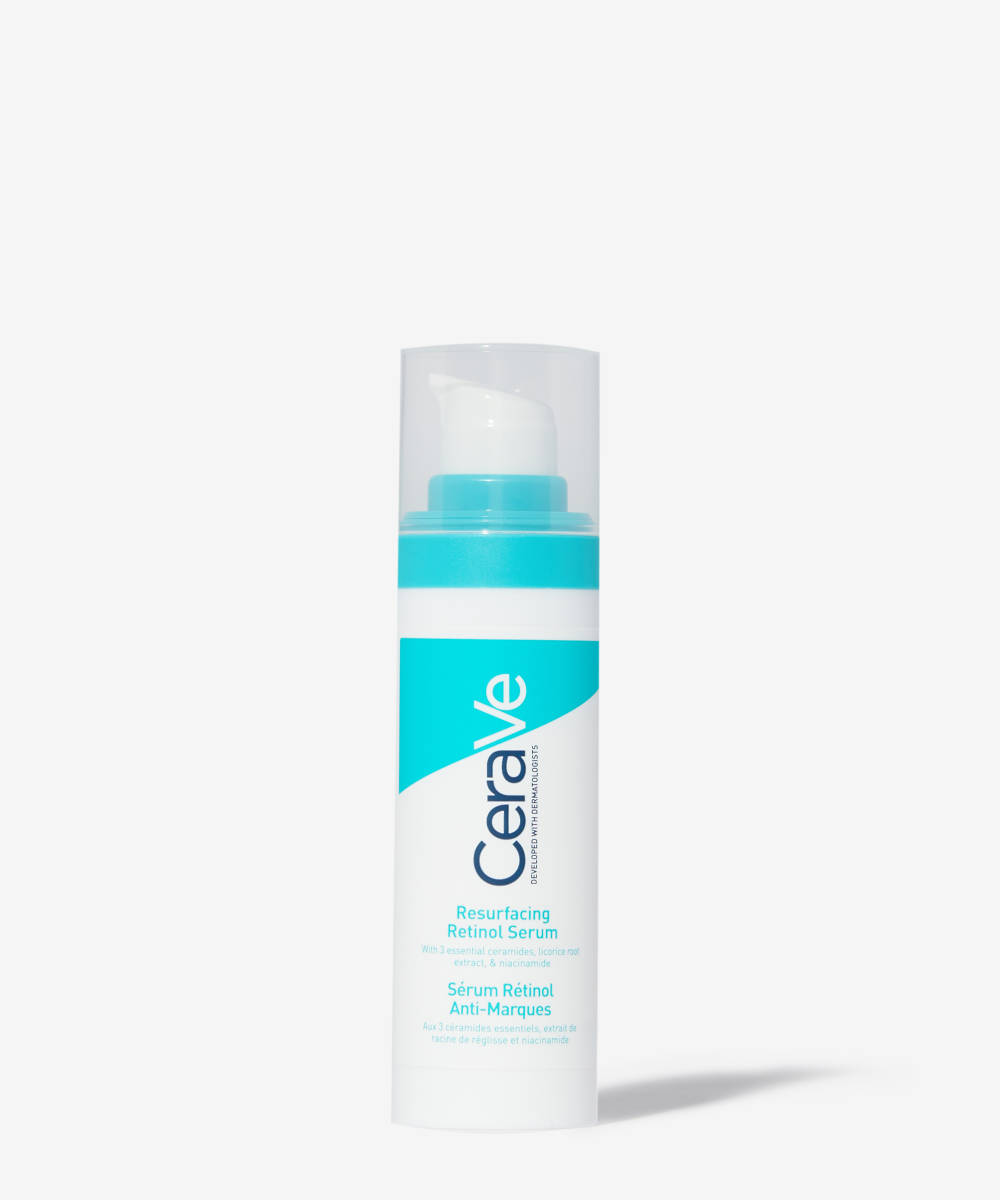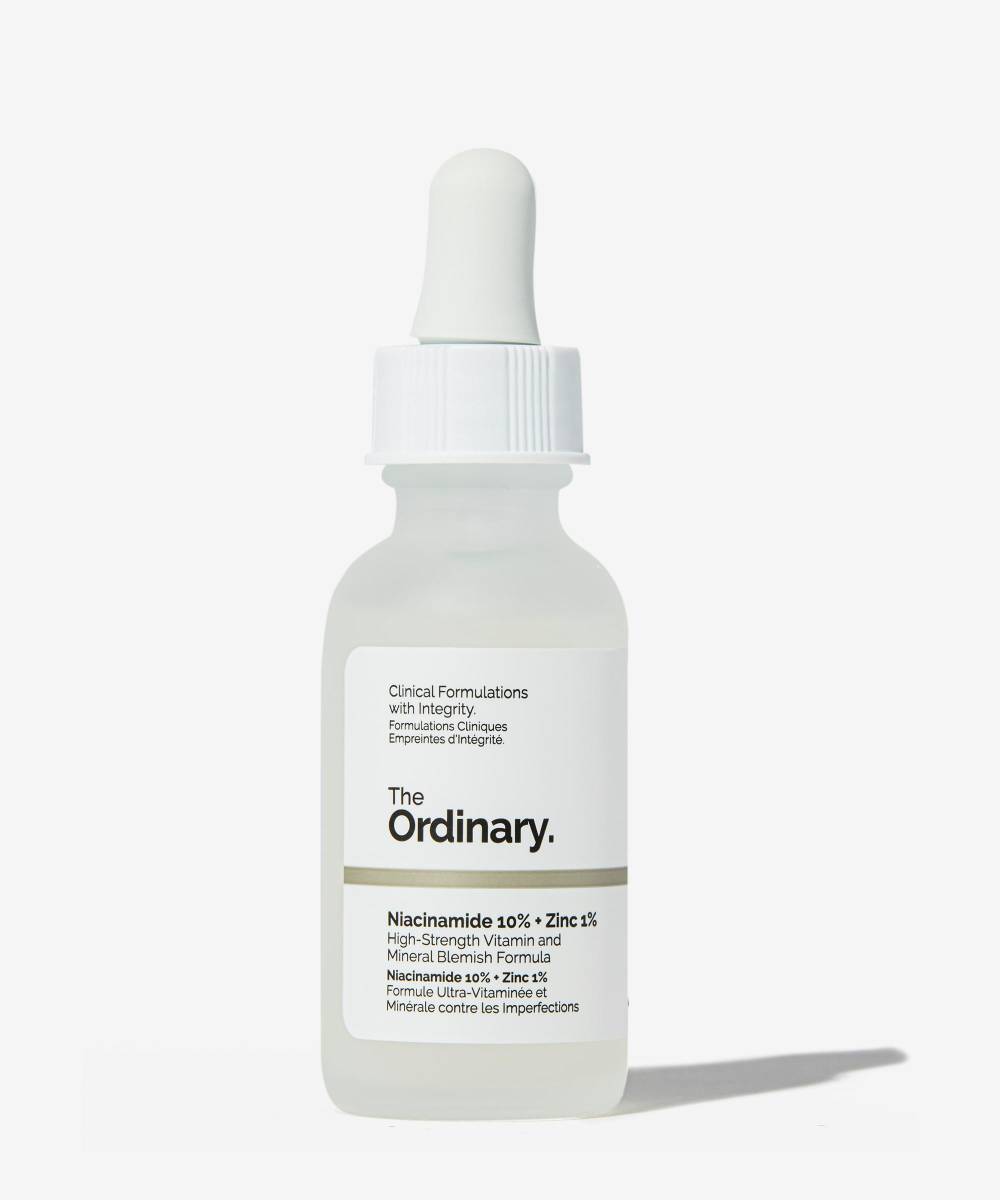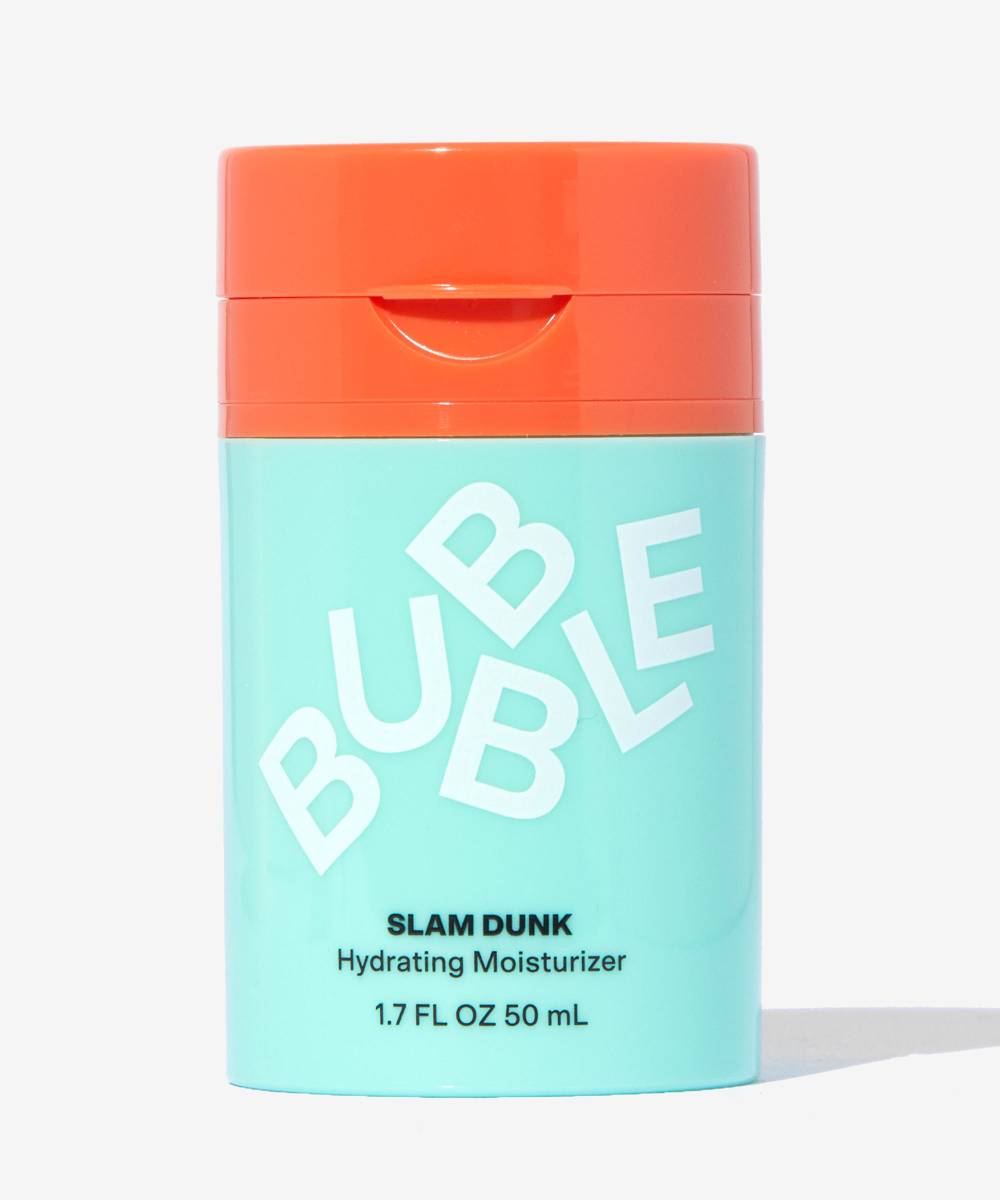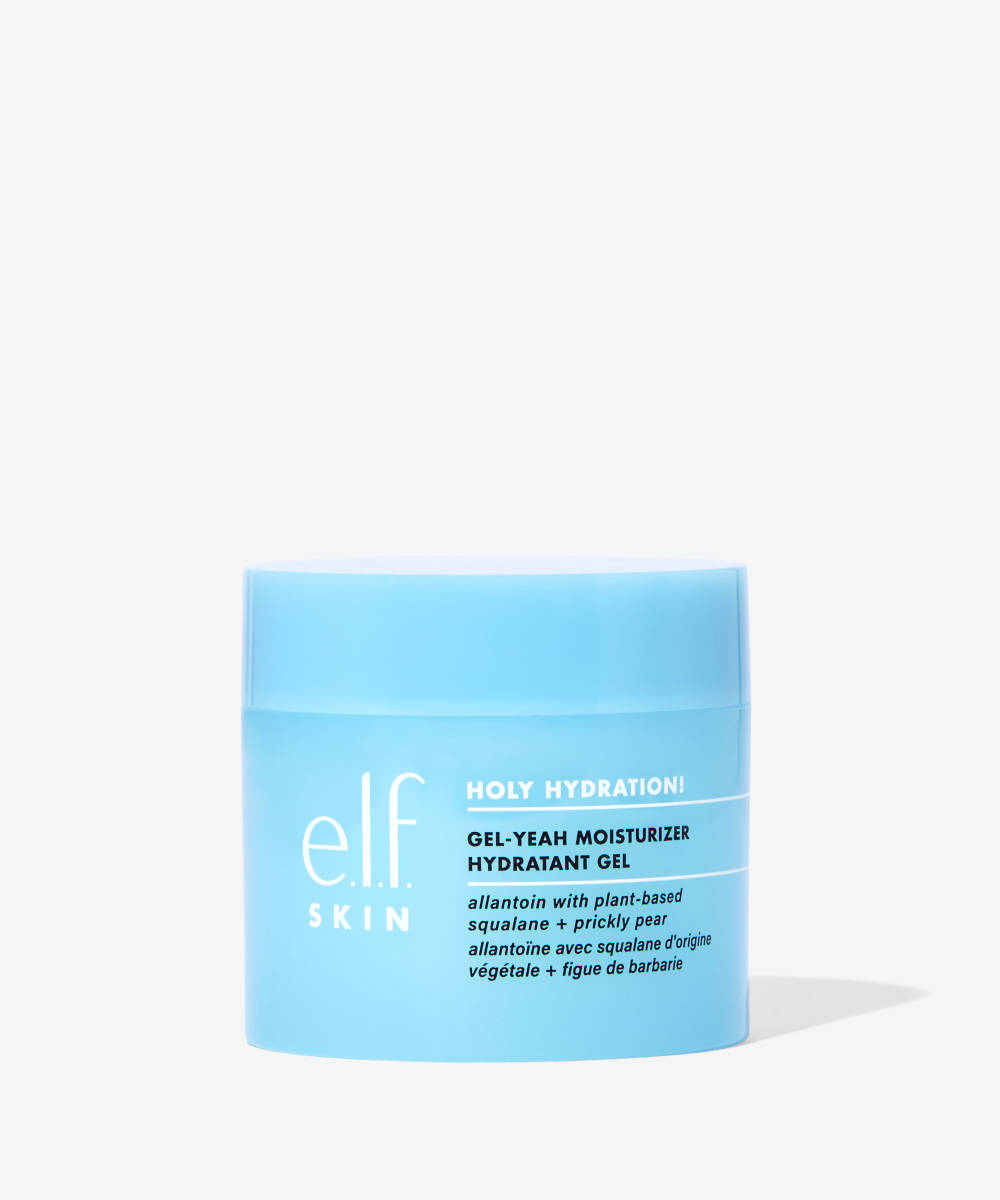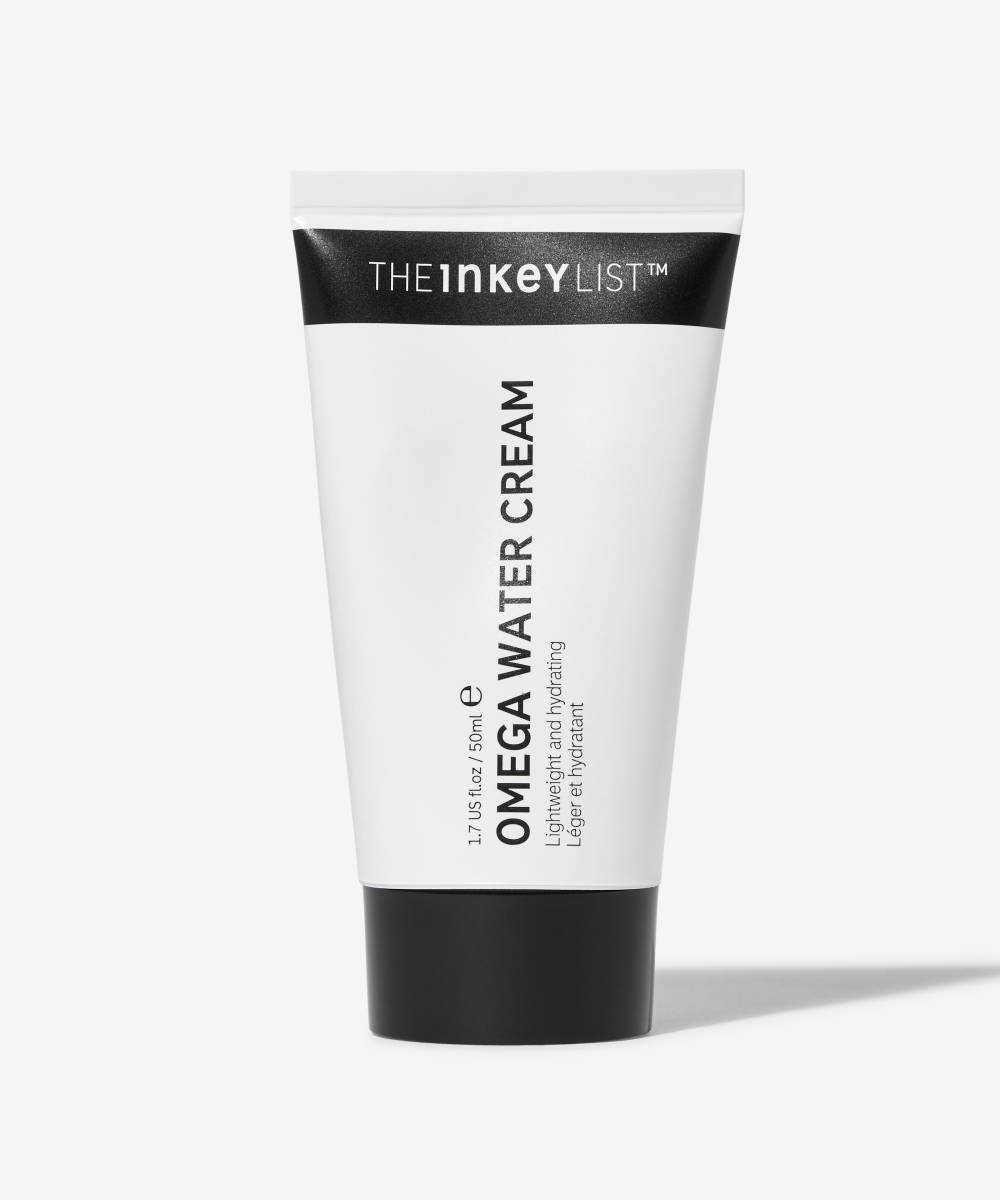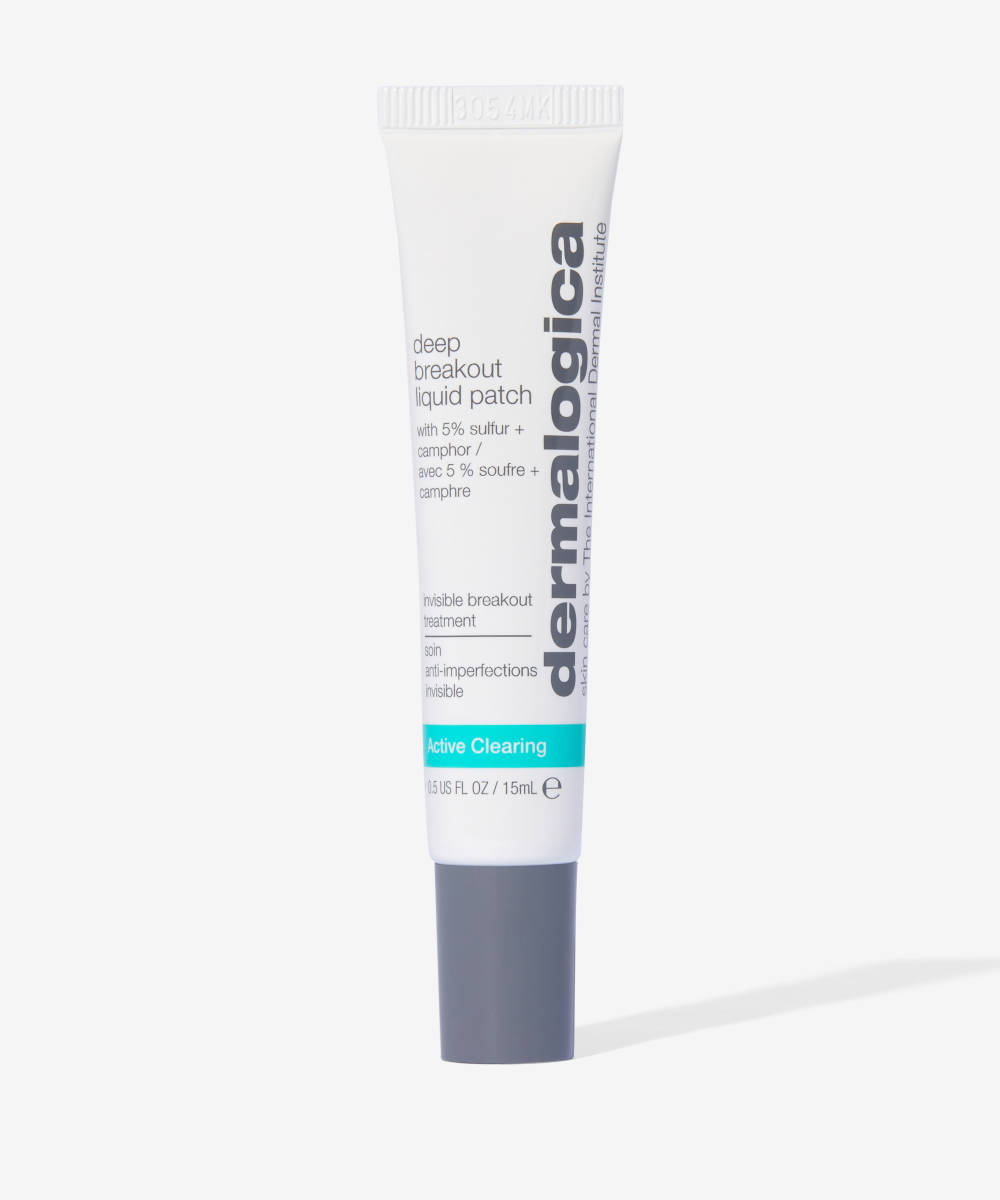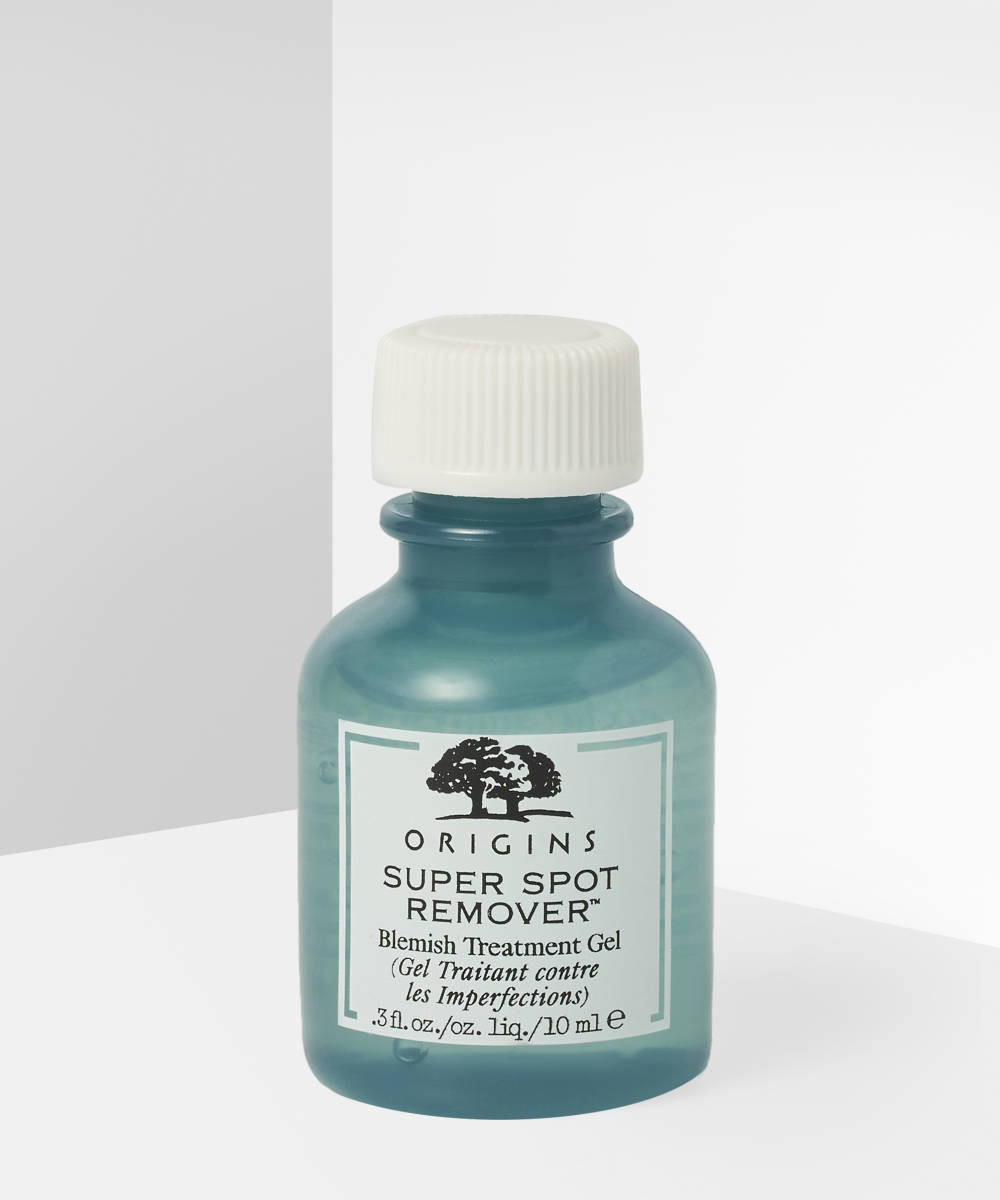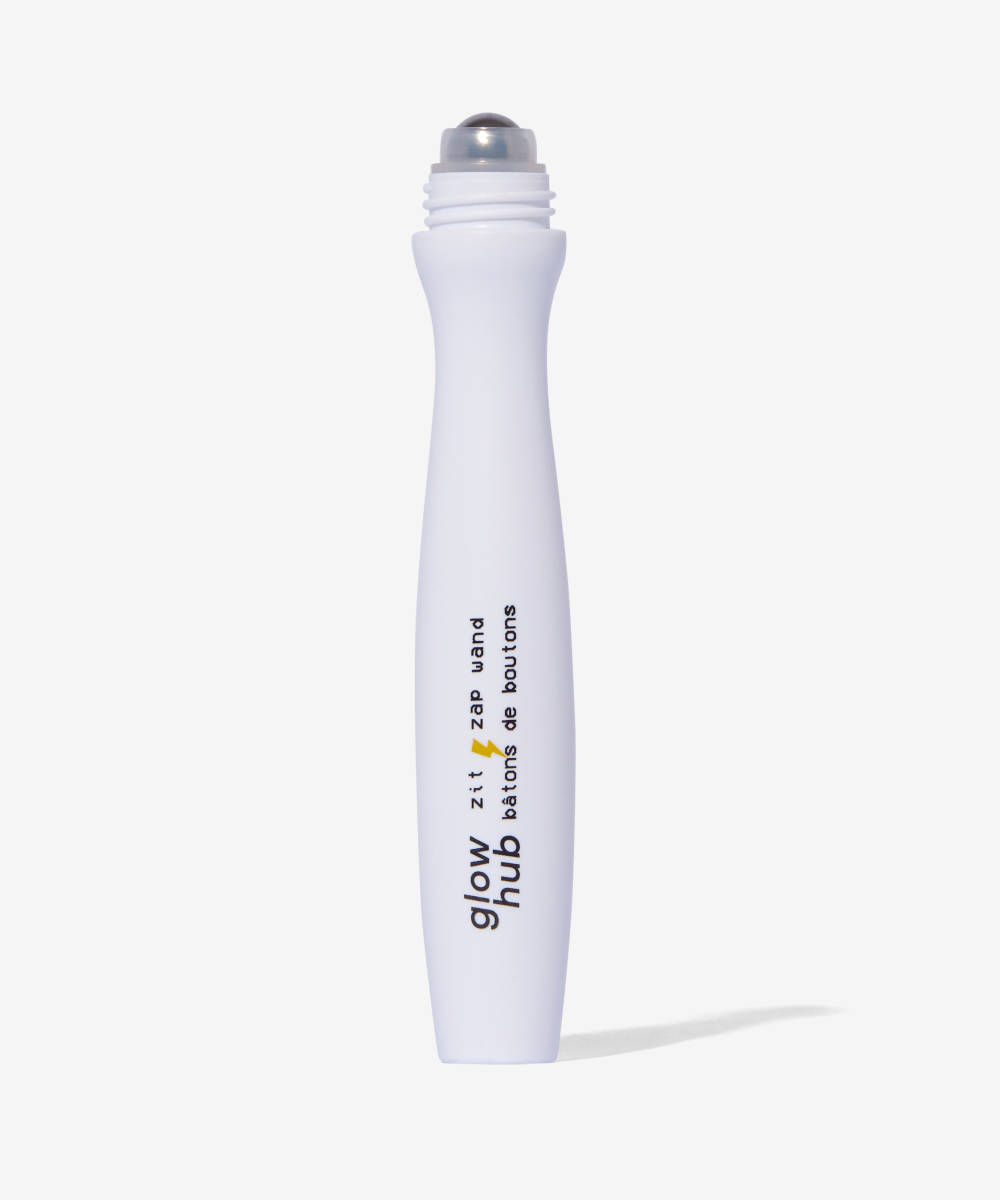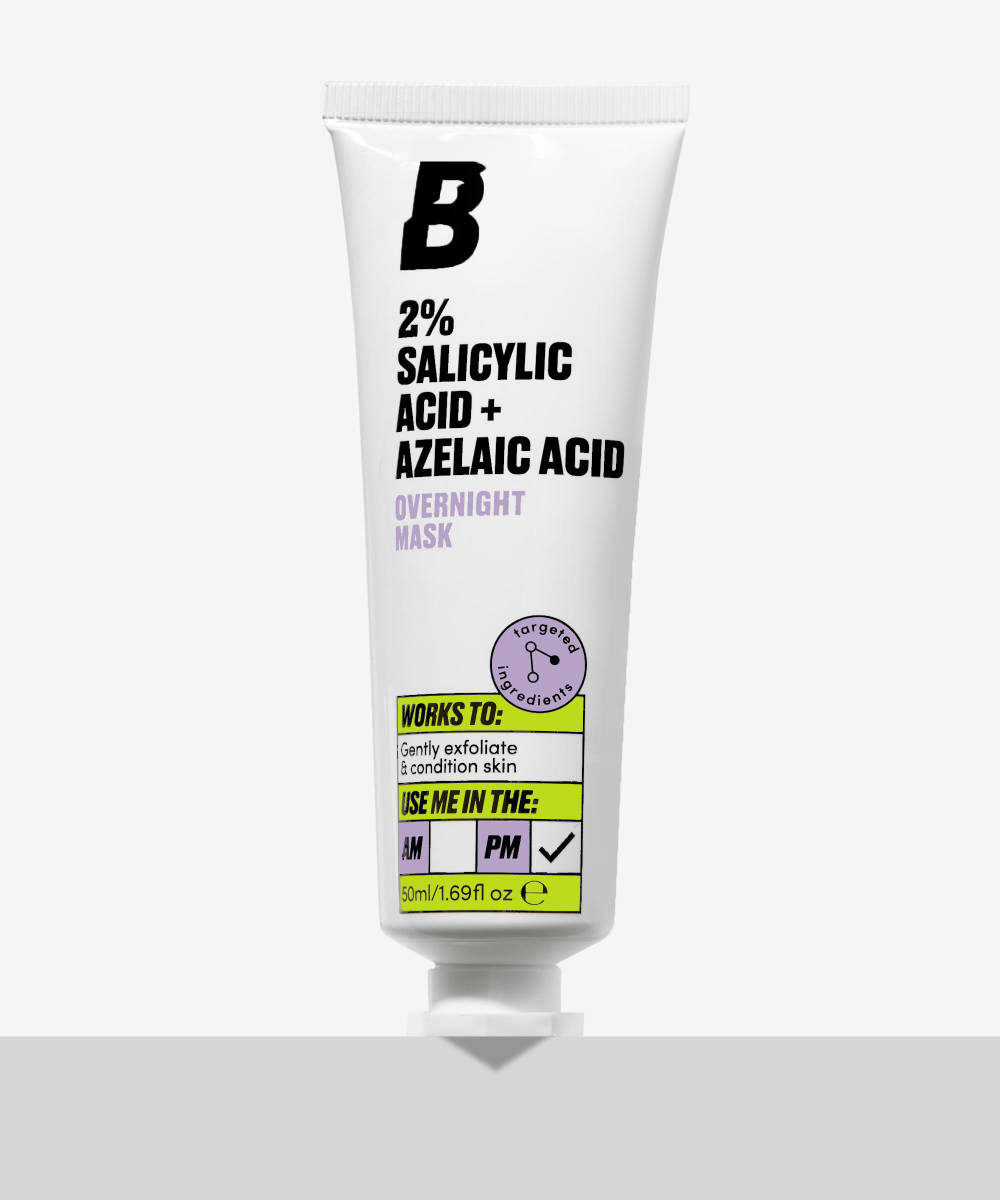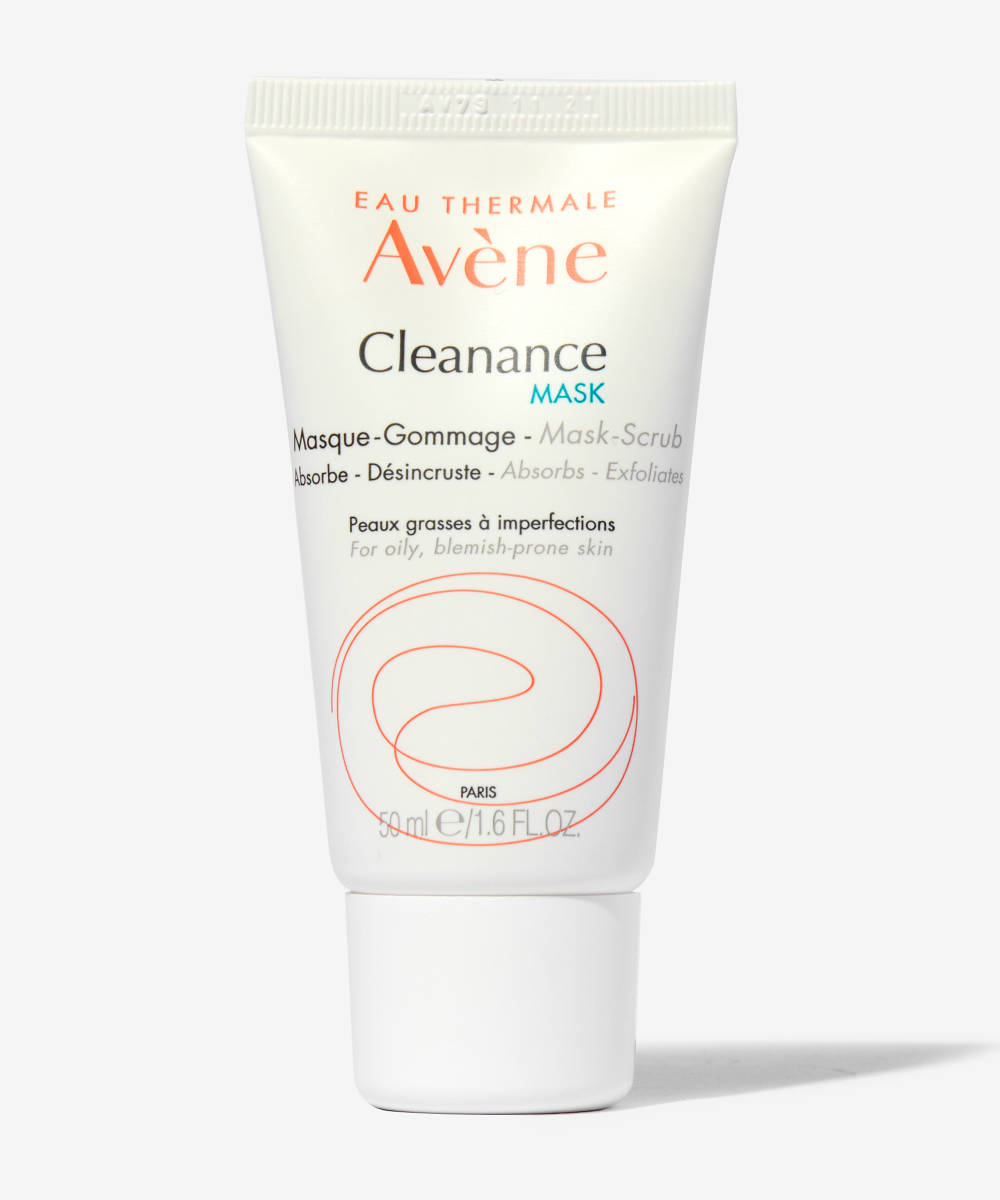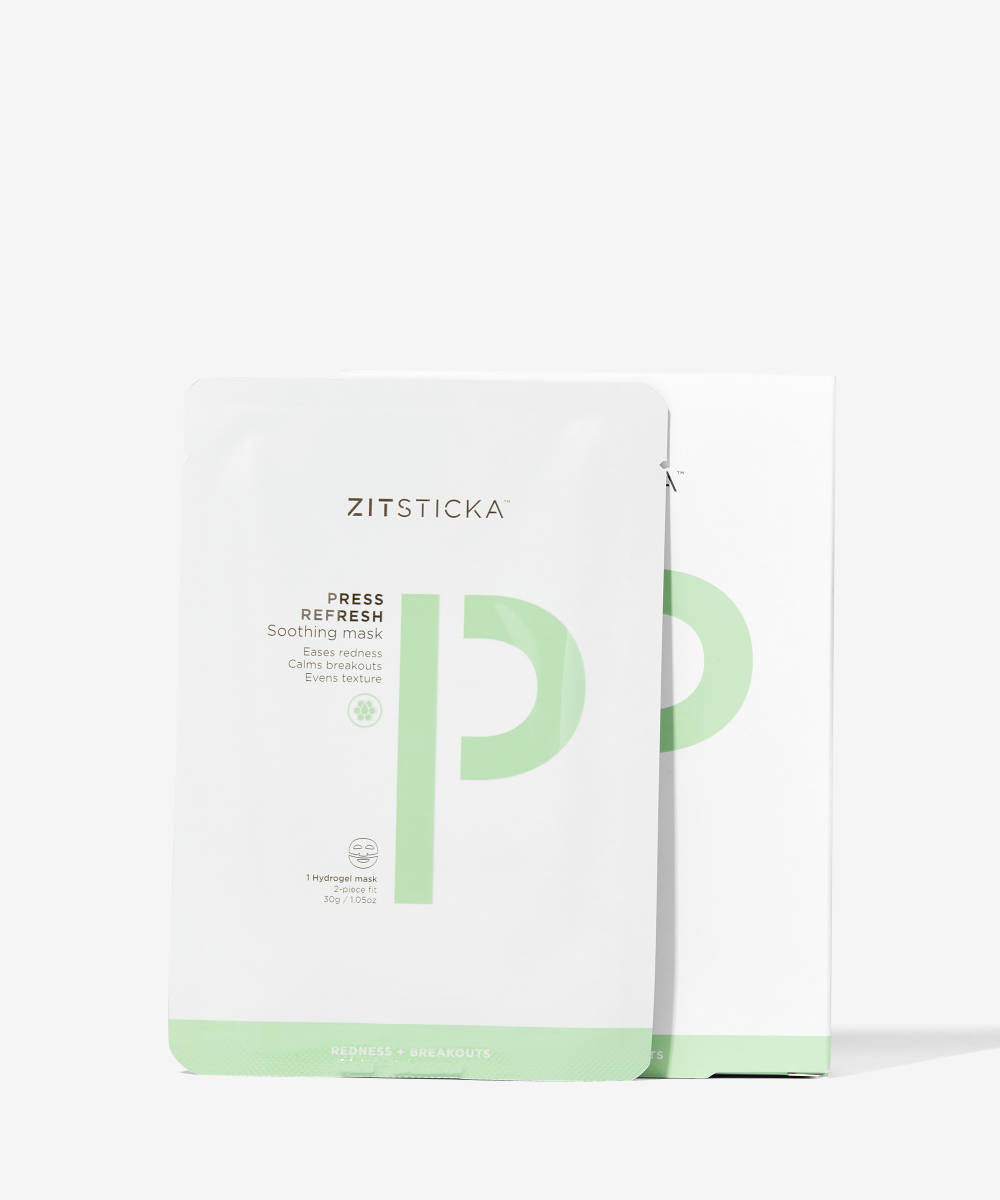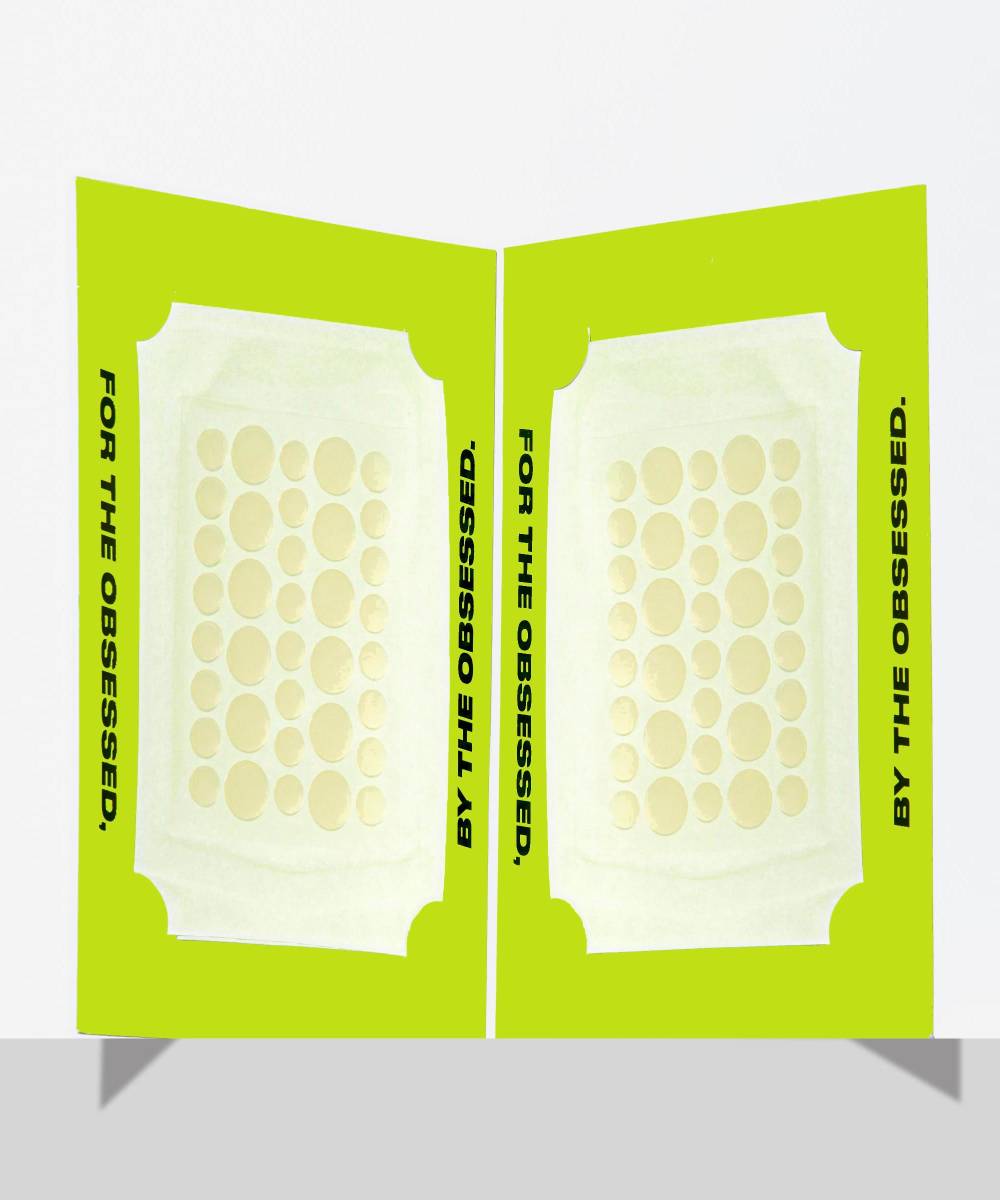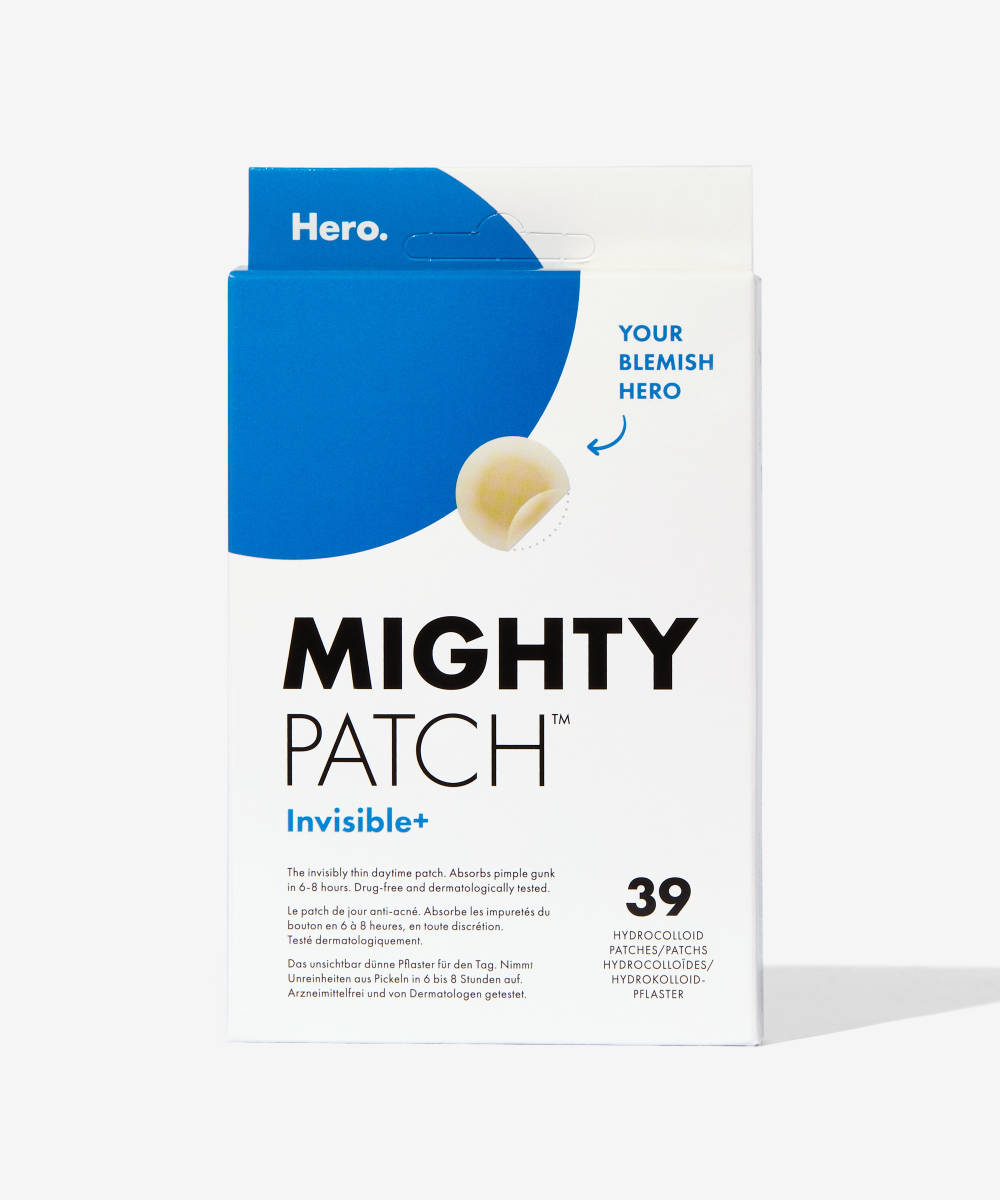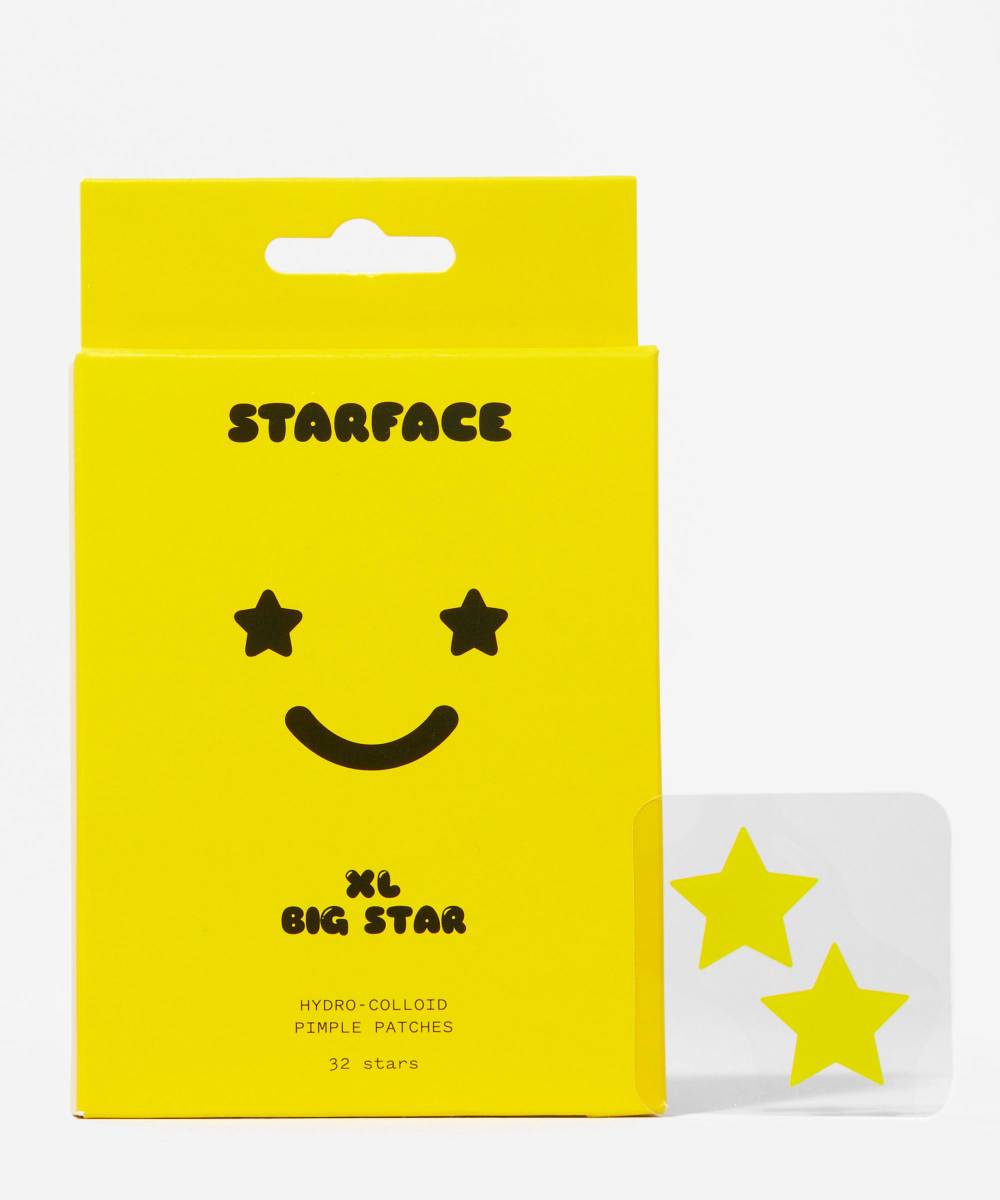From where to start with an acne-busting skincare routine, to how to prevent breakouts, and what to use get rid of those troublesome under-the-skin spots and lingering scars, you’ve got a lot of questions about acne—and fortunately, we have the answers.
There are all sorts of one-stop-shop acne treatments out there, but the key to tackling acne once and for good, is a good (and consistent) skincare routine. I’ve suffered my fair share of acne throughout my teen and adult life, so I can totally relate to how horrific this (surprisingly common) skin condition actually is. Fortunately, through my career as a beauty editor and training as an esthetician, I’ve had the opportunities to learn from the experts everything there is to know about acne, from what causes it to how to treat it. Plus, through a lot of trial and error over the years I’ve been able to suss out exactly what works and what doesn’t. Here’s the condensed version, along with the hero products I couldn’t possibly be without.
Ready to get achieve complexion perfection? Follow these seven easy tips.
1. Cleanse your skin thoroughly
It’s simple: Dirt, makeup, oils, dead skin, and contact from your fingers and makeup brushes create the perfect breeding ground for bacteria in your pores. Cleansing morning and night to keep your pores free from any pore-clogging buildup is the easiest way to keep skin clear.
And do you know what’s even better than a cleanse? A double cleanse. That’s right, do it twice to ensure that every last scrap of makeup, SPF, and buildup is removed.
2. Exfoliate with acids not scrubs
When oil and dead skin cell buildup manages to clog pores, acne-promoting bacteria quickly follows, and this is hard to remove by cleansing alone. Exfoliate a few times a week to prevent this process and keep skin clean from future breakouts.
Scrubbing can irritate breakouts and prevent them from healing properly, so for a gentle method of exfoliation that won’t irritate skin, try products with exfoliating acids, like salicylic acid or lactic acid to break down buildup whilst soothing angry swelling and redness with natural anti-inflammatories.
3. Choose a serum based on its ingredients
Packed with super concentrated strains of hardworking active ingredients, serums are no overnight miracle workers, but will work to gradually improve acne-prone skin over time. Any serum laced with ingredients like salicylic acid, retinol, or niacinamide will help to keep future breakouts at bay.
4. Keep your skin well hydrated
You might not think hydration would have a direct effect on existing breakouts, but keeping skin well moisturised is always the most important part of any skincare routine. Hydrated skin is healthy skin, and when skin is healthy it can fight breakouts, prevent bacteria growth, and heal skin faster and better.
Look for a lightweight, water-based, and oil-free hydrator which will deliver just the right amount of moisture and won’t contribute to your breakout issue by irritating skin or clogging pores. Instead, it will strengthen the skin’s barrier to prevent bacteria from getting in and moisture from escaping.
5. Target breakouts with spot-on treatments
No matter how good your skincare routine is, stress, hormones, and dietary factors can trigger breakouts once in a while, and since you don’t usually realise they’re on their way until it’s too late, it’s necessary to have an emergency targeted spot treatment to hand. Designed to be applied directly to an existing breakout, these are the fastest ways to reduce redness and swelling.
6. Keep on top of things with regular masking
Sometimes even double cleansing and exfoliating isn’t enough. Once or twice a week take your pore-purging up a notch and use a mask with decongesting properties to lift build-up from deep inside your pores. Masks harness some of the most hard-working ingredients to get to the root of the problem as quickly and effectively as possible.
7. Stop picking!
A spot is the body’s response to a clogged pore, so if you pick your spot, you’re disrupting the healing process and chances are you’ve made your spot last even longer. Whiteheads for example are clusters of white blood cells that the body has sent to heal the spot. What’s more, in picking your spot you’ve caused trauma to the area and exposed it to bacteria, which can cause it to become even more angry and inflamed, and make it more likely to leave behind post-acne pigmentation.
Spot stickers act as shields for spots, preventing them both from picking fingers and from being exposed to bacteria. Once a spot had a head or has broken through, apply one to protect your skin—small but mighty, they help to draw out buildup and speed up the healing process.
Remember that no skincare routine is an overnight miracle worker – it can take 6-8 weeks to notice a real change in skin, so be patient and stick at it!
FYI: This story was previously published at an earlier date and has since been updated.
